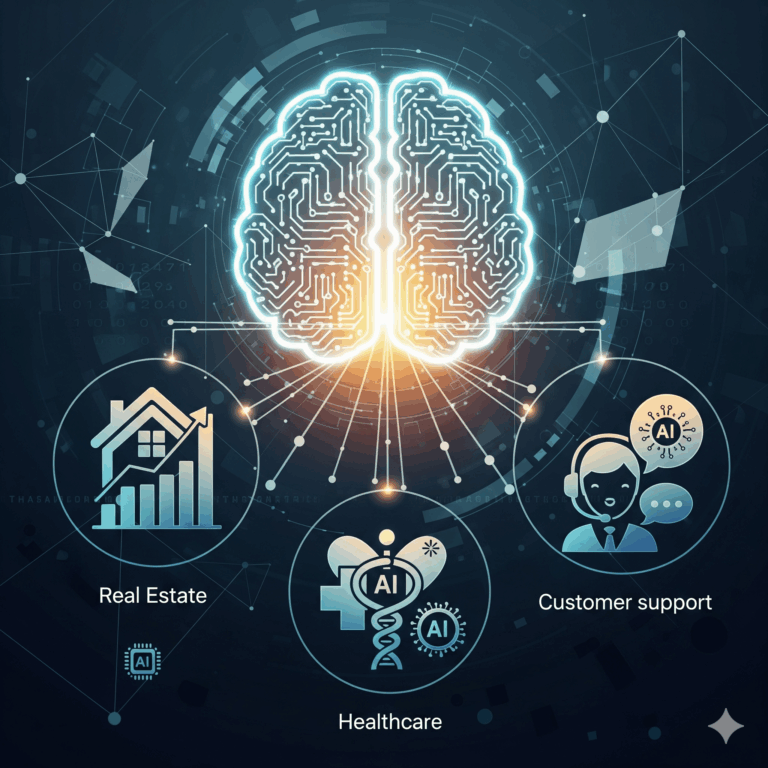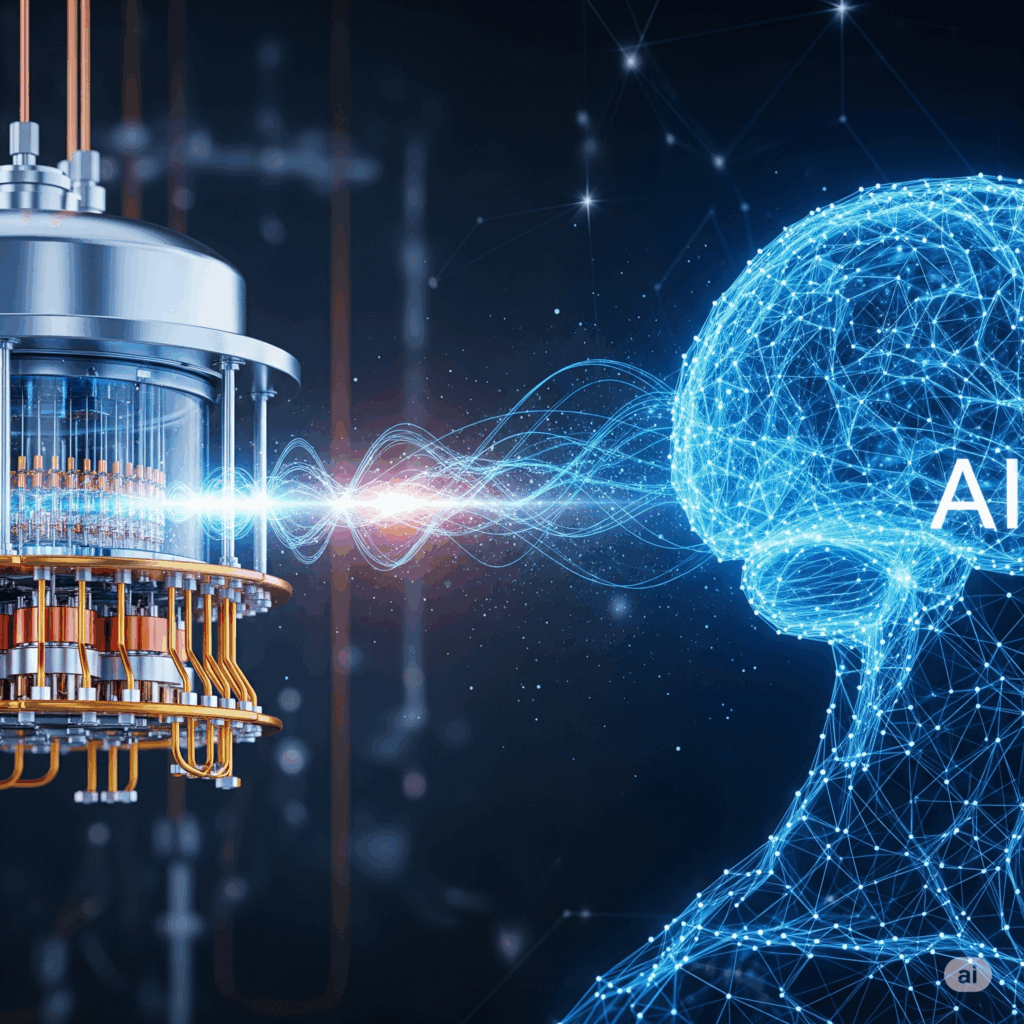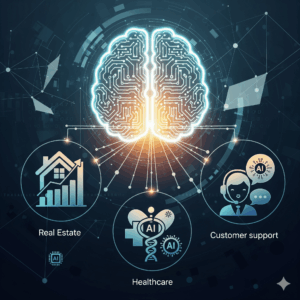
Are you looking for investment, pitch your idea with us!
Artificial Intelligence (AI) has dominated headlines for the last decade, revolutionizing industries from healthcare to finance. But a new force is emerging on the horizon—Quantum Computing. While AI gave us machines that can “think,” quantum computing promises to give us machines that can “solve” problems at scales unimaginable today.
This next big leap after AI could reshape the future of science, business, and even daily life. To understand why, let’s dive into 10 shocking facts about quantum computing.
1. Quantum Computers Don’t Use Traditional Bits
Classical computers process information in bits—either 0 or 1. Quantum computers use qubits, which can exist in both states simultaneously thanks to a principle called superposition.
This allows quantum machines to explore multiple solutions at once, making them exponentially more powerful for complex calculations.
2. Quantum Speed Is Beyond Imagination
In 2019, Google announced its quantum computer solved a problem in 200 seconds that would take the world’s fastest supercomputer 10,000 years.
That’s not just an upgrade—it’s a different universe of computing. While AI still relies on classical hardware, quantum computing redefines what’s computationally possible.
3. Quantum Computers Could Break Modern Encryption
Almost every online transaction today relies on encryption, which classical computers cannot easily crack. But quantum computers could theoretically break common encryption methods like RSA-2048 in minutes.
This poses a major cybersecurity challenge but also opens doors for quantum-safe cryptography—a whole new branch of security.
4. Quantum Computing May Revolutionize Drug Discovery
Pharmaceutical companies spend billions testing new drugs because simulating molecules on classical computers is extremely limited.
Quantum computing can simulate complex molecules accurately, reducing years of research into days. This could lead to breakthroughs in curing diseases like Alzheimer’s, cancer, and even pandemics.
5. Quantum AI Will Be Smarter Than Today’s AI
AI today relies on pattern recognition using massive datasets. But AI combined with quantum computing—often called Quantum Machine Learning (QML)—will be able to analyze data faster and more efficiently than any system today.
Imagine AI that not only recognizes your voice but can simulate your decision-making patterns in real time.
6. Quantum Computers Aren’t “Bigger” Than Classical Ones
One shocking fact: quantum machines are not about size or speed—they’re about probability.
Instead of following a fixed sequence of instructions, they calculate probabilities of outcomes simultaneously. This makes them uniquely powerful for optimization problems like logistics, weather prediction, and financial modeling.
7. The World’s First Quantum Computer Is Already Here
While most people think quantum computers are still “futuristic,” companies like IBM, Google, and D-Wave already have functioning quantum processors.
Although they are still experimental, industries are investing billions because the potential return is enormous. For example, IBM offers cloud-based quantum computing access to researchers and businesses today.
8. Quantum Computing Could Transform Climate Science
Predicting climate patterns requires analyzing millions of variables, which even supercomputers struggle with.
Quantum systems could simulate entire ecosystems, helping us understand climate change, renewable energy, and disaster prediction with far greater accuracy. This means better preparation for floods, hurricanes, and global warming effects.
9. Quantum Computing Will Create a New “Tech Divide”
The AI revolution already created a gap between tech-rich and tech-poor nations. Quantum computing may widen this divide.
Countries like the USA, China, and Germany are investing billions into quantum research. Those who master it first will gain massive advantages in defense, healthcare, finance, and innovation.
This is why quantum computing is often called the “space race of the 21st century.”
10. Quantum Computers Won’t Replace Your Laptop (Yet)
Despite the hype, you won’t be buying a quantum laptop anytime soon. Quantum computers are extremely sensitive and require near-absolute-zero temperatures to function.
Instead of replacing personal devices, they will work alongside classical computers, solving only problems classical systems can’t handle. Think of them as specialized problem-solvers rather than everyday tools.
Why Quantum Is the Leap Beyond AI
AI allowed machines to mimic human intelligence. But AI is still limited by the processing power of traditional hardware. Quantum computing breaks that barrier by unlocking new levels of computational power.
Together, AI and quantum computing could:
- Develop new medicines faster
- Solve complex financial predictions
- Create more accurate weather and climate models
- Strengthen global security with quantum-safe encryption
- Drive scientific discoveries beyond today’s limits
Final Thoughts
The rise of quantum computing is one of the most exciting technological shifts of our time. While AI has transformed how we live and work, quantum computing has the potential to transform what we can even imagine.
The 10 shocking facts we explored—superposition, unimaginable speed, breaking encryption, drug discovery, smarter AI, climate science, and more—show why it’s considered the next big leap after AI.
For now, quantum computers may still feel experimental, but the investments and breakthroughs happening today guarantee that in the next decade, they will shape industries and societies.
The message is clear: AI changed our world, but quantum computing will redefine it.






















